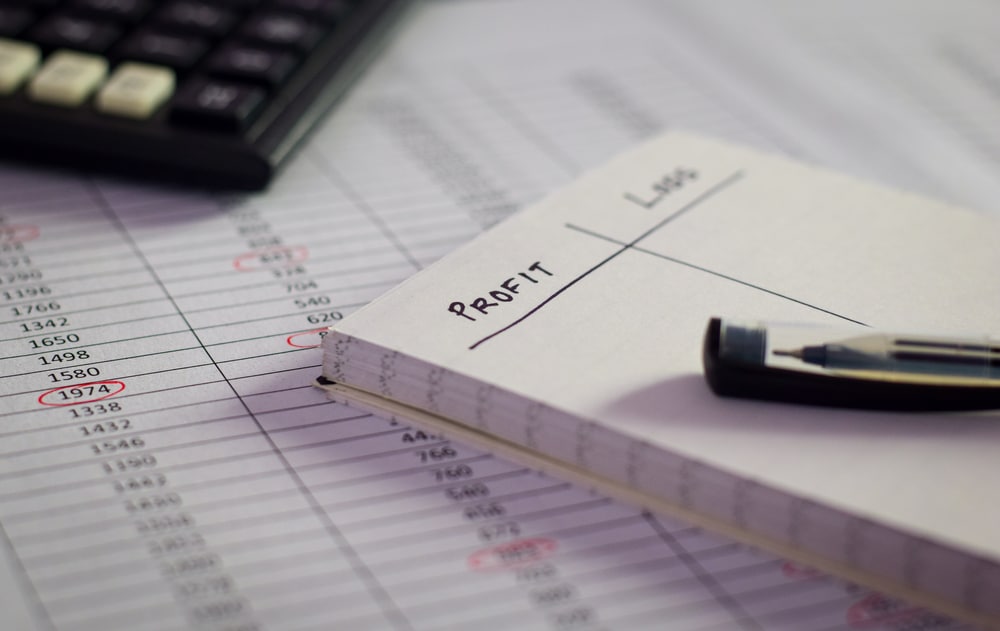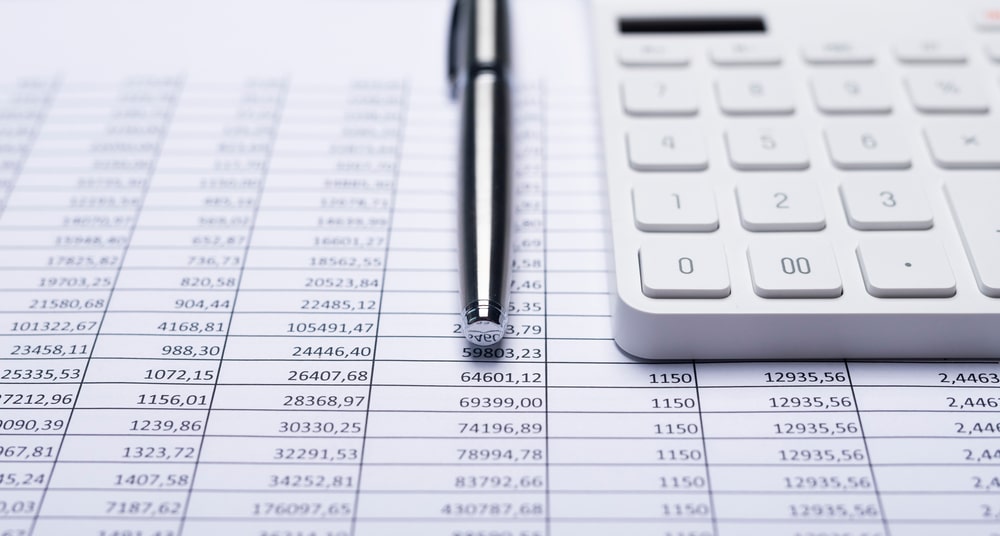If you’ve felt a profound need to “be free” and strike out on your own in your career, freelancing might be your next step. It’s a great (and brave) way to achieve financial freedom, gain more control over your schedule, and finally live out your dream career. But it’s not all fairy tales when opening a business. There are some essential startup costs you need to plan for so you can budget wisely and keep moving forward.
How much money do you need to start a business?
Below is a breakdown of typical startup costs you’ll encounter when you first get started:
Equipment and technology (essential one-time cost)
The technology you need will of course depend on your business and may include a computer, downloadable software or online tools, and inventory (raw materials/products).
A few examples: a freelance copywriter might need noise-canceling headphones (especially if they work in a shared workspace or public place), a wireless mouse, and a keyboard, a photographer would need a camera and an artist might need a POS device.
Make a list of the technology you need for your job and research the best prices. Since you’ll be using this equipment daily, it’s a good idea to invest in quality goods in order to avoid unnecessary maintenance costs or even having to replace it in a year.
A space to work (essential ongoing cost)
When deciding where to work, think about how you work best. If you’re more of an introvert and you have space at home, creating a home office might be your best bet, while an extrovert might prefer co-working or renting a studio with a few other freelancers.
Office utilities (essential ongoing cost)
Any utilities you use while working, including your WiFi, water, electricity, gas, and phone bill. Yes, even your phone bill, since answering client emails, calls and texts is an integral part of the job.
Online presence (essential ongoing cost)
Creating a website, online store, or blog for your business will make it easier for customers to find you online. So any costs related to designing and launching your online presence are all considered business expenses, including your domain name.
Office supplies (essential ongoing cost)
Buying notebooks, pens, a day planner, and a screen cleaner might sound trivial, but without them, your day-to-day job would be missing a few critical players. Stocking up on office supplies gives you the tools to write and plan your day effectively. You don’t want to be on the phone with a client taking notes on your hand with a dry highlighter, do you?
Office furniture (essential one-time cost)
When creating your own space, budget for a comfortable office chair, desk, or any furniture you need to work comfortably and ergonomically, so you’re not slowly destroying your back in the process.
Business registration (essential one-time + ongoing cost)
The dreaded “accounting” stuff. A big part of starting your freelance business is accounting, but it becomes second nature once you learn the basics. In terms of startup costs, you’ll want to trademark a business name, register your business and get business insurance.
Invoices & accounting (essential ongoing cost)
To make sure you get paid and pay your taxes on time, choose financial management tools that help you deal with accounting, invoicing, and preparing taxes. Set aside a percentage of your total income a month for taxes and consider a solution with lower fees to help control costs.
Education & courses (optional ongoing cost)
Before taking on your first few clients, take some time to brush up on your skills and fill in any knowledge gaps. Investing in education is always a good idea, especially as your business grows. So joining an online learning platform like Coursera, Skillshare, or MasterClass could give you the confidence boost you need to hit the ground running. Or, you can also check out the free video guides available in the Lili Academy. Having a mentor, whether they’re in-person or online, can help guide you in the right direction and keep you on course (pun intended).
Marketing & lead generation (optional ongoing cost)
Once you’ve handled the initial setup costs and you’re ready to find clients, investing in online ads can help drive traffic to your website or mailing list.
Business travel (variable cost)
Traveling for business includes transportation, food, or accommodation you need for any work trip or client meeting. As long as work is involved, you can expense it.
Tip: Everything on the above list can be written off as a business expense to reduce your taxes.
Business startup cost types
Fortunately, you don’t need to take on all of these business expenses at once. You can save optional costs for later once you’ve built up your cash flow. So here are a few different types of startup costs to consider when starting your business:
- One-time fees – You only encounter these expenses once, like incorporating your business or registering a DBA.
- Ongoing costs – You pay these expenses monthly or annually, like rent, subscriptions, employee fees, and utilities.
- Essential – You’ll need to incur these expenses to get started, like registering your business, securing a business license, renting a place to work, and buying inventory or office supplies.
- Optional – Your business doesn’t rely on these expenses, so you can wait to deal with them until you’re better positioned financially.
- Fixed – You pay an ongoing fee that remains the same every time, like rent or a subscription for online tools.
- Variable costs – You pay an ongoing cost that fluctuates on a scale, like your taxes, travel expenses, and ad spending.
A few startup cost examples
Use this list to estimate costs you should budget for when first getting started.
- Business registration
- Computer/laptop
- Wireless keyboard and mouse
- Headphones
- Website/blog/online store
- Coworking membership or studio
- Noise-canceling headphones
- WiFi
- Water
- Electricity
- Gas
- Phone bill
- Notebooks
- Pens
- Day planner
- Screen cleaner
- Banking and accounting software
Bottom line: You’ll have more one-time essential costs in your first year, so make sure you have the budget. But don’t worry too much—you’ll expense all these fees to reduce taxes later.
Remember, you’re worth it
When starting a business, try not to stress about spending money. It’s an essential part of the venture, and every purchase you make is an investment in yourself and your vision. If financial independence and purpose are what you’re after, then the cost of business is a worthy expense.




